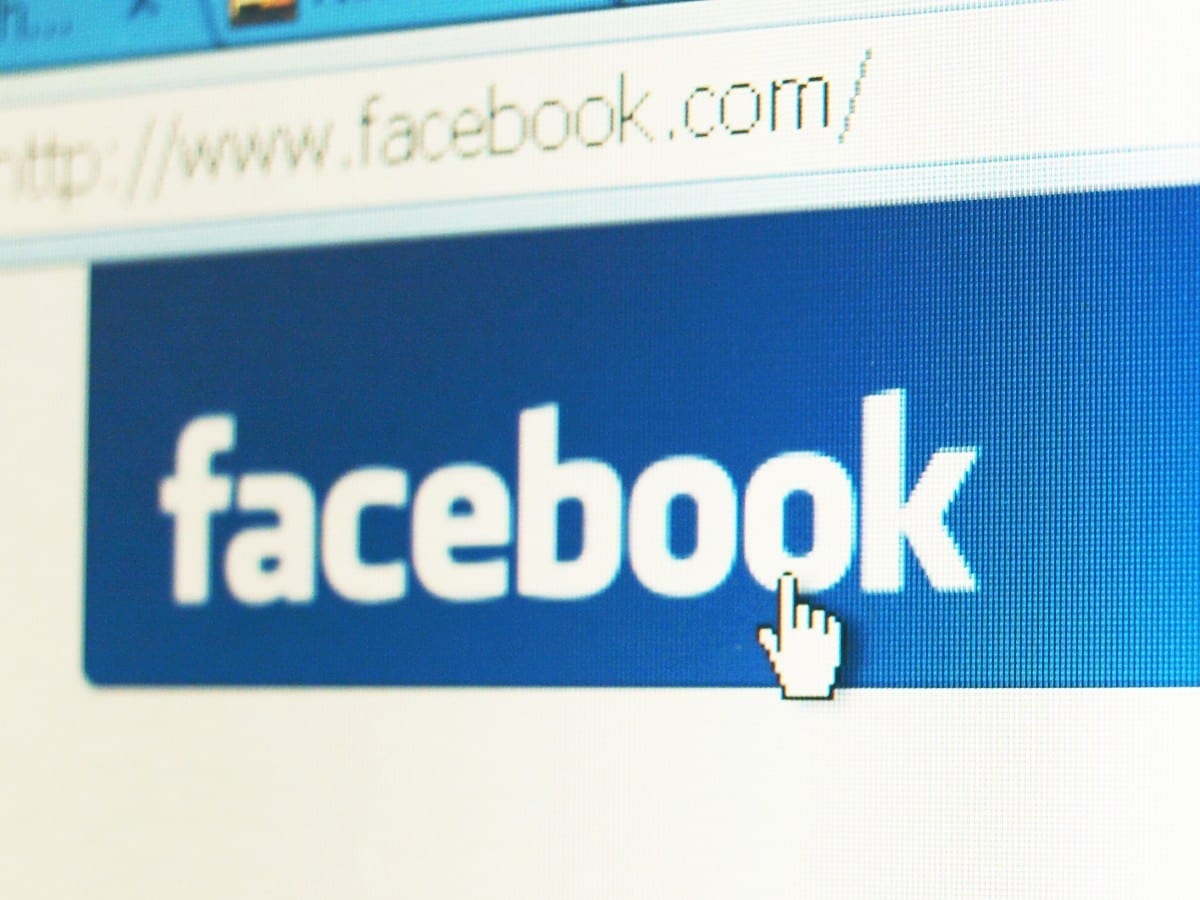Facebook Groups & Pages – What’s the Difference?
Facebook provides two methods of sharing your content with people, Facebook Groups and Facebook Business Pages. Groups are designed primarily with public interaction in mind, and Pages with promotion as their primary function.
Facebook Groups
Overview of Facebook Groups as a Business Tool
Facebook Groups have visibility controls, set by the group owner, to set who can see (and use) your group, these are:
- Secret: Only members see the group, who’s in it and what members post.
- Closed: Anyone can see the group and who’s in it. Only members see posts.
- Open (public): Anyone can see the group, who’s in it and what members post.
Groups are promoted by Facebook as a method of sharing “different things with different people” and are great if you want to encourage discussion amongst your customers either by invitation only (by using “Secret” or “Closed” groups), or for anyone with a Facebook account (“Open” groups).
Groups offer limited customisation options, apart from the Group name there’s not really any way to brand the group and once a member you give up control over who can post for all to see – you might end up spending a lot of time policing your group to make sure it doesn’t end up damaging your business’ brand.
The focus of a Group is its members – whose photos are displayed at the top of the Group page.
Pro’s and Cons of Groups
Groups are great for: discussion among customers, staff, or the general public (as long as they have a Facebook account).
Groups are less than perfect for: business promotion (due to their limited brandability) and can take a lot of work to police as members are free to post what they want, when they want.
Facebook Pages
Overview of Facebook Pages for as a Business Tool
Facebook pages are designed with Businesses and brands in mind and so are highly customisable (when compared to Groups as an alternative).
In the same way as your personal Facebook page (and Groups) you post statuses (text, links, questions, events, and photo’s) and these show up in the timelines of your fans (people who “like” your Page).
Facebook Pages also enable you to post Milestones – these are similar to “life events” on a personal Facebook page and enable you to document key events in your businesses timeline such as opening a new shop, a new website or other key event.
Pages offer customisation options similar to your own, personal, Facebook page – you can set a cover image (which you can change as often as you like), a Profile Picture (normally your logo) and add custom apps such as a blog, twitter page, map and display the number of “likes” your business has.
The content on your Page is controlled by you, as the page owner, and while customers can leave comments and add photo’s (if you choose to let them) you get final say on what is visible publicly on your page – allowing you control of the message your page give out about your business.
You can also highlight posts in two ways – you can pin a post to the top of your page, and you can highlight a post, highlighting makes the post fit the width of your Page (normally posts are displayed in two columns) which is great to draw attention to special offers.
Pro’s and Cons of Pages
Pages are great for: promoting your business’ brand in the best possible light, you choose what is posted when and control the message coming from your business.
Pages are less than perfect for: generating public conversation about your business, while this isn’t impossible it’s not the focus of the Page and people need to know where to look to find “posts by others”
What Now
You can find more information from Facebook about Groups at:
or on Pages at:
We can set up your Facebook business Page (or group) and hand over control (or provide editorial support and post on your behalf) – if you would like more information please get in touch and we’d be happy to provide a quote.


